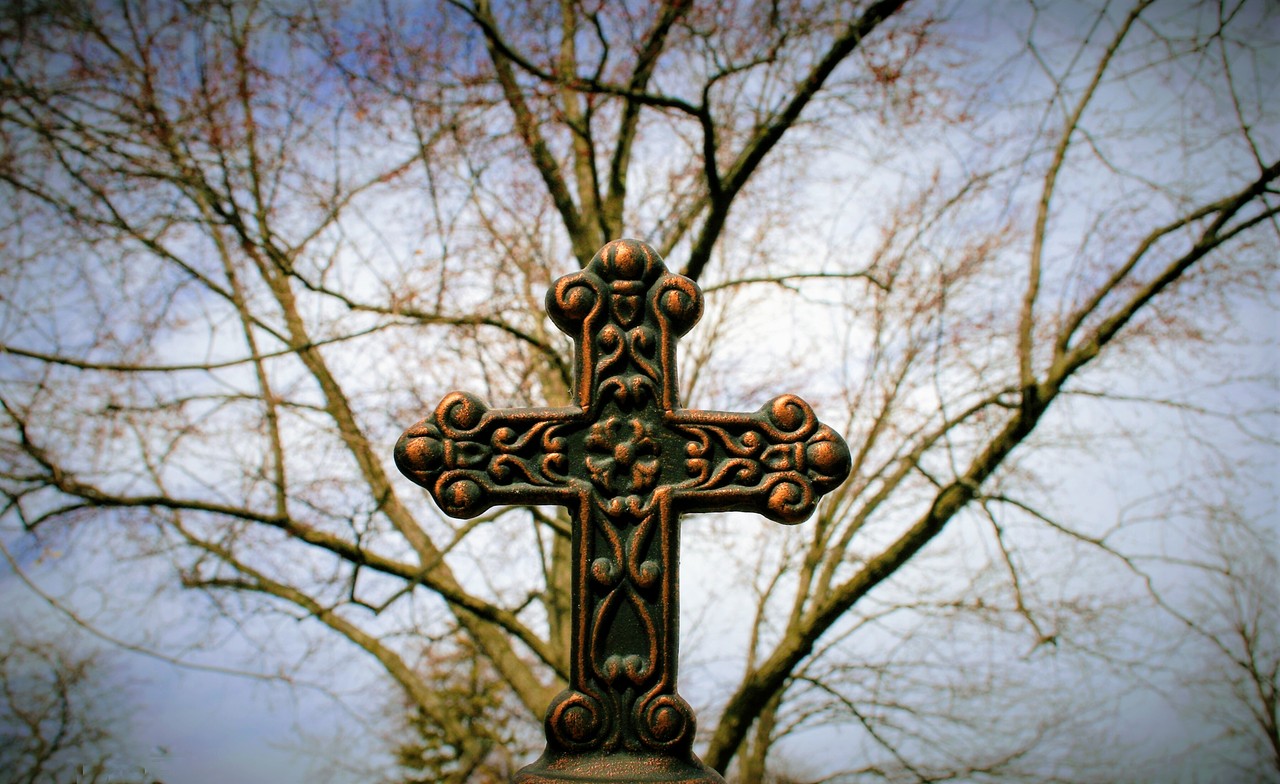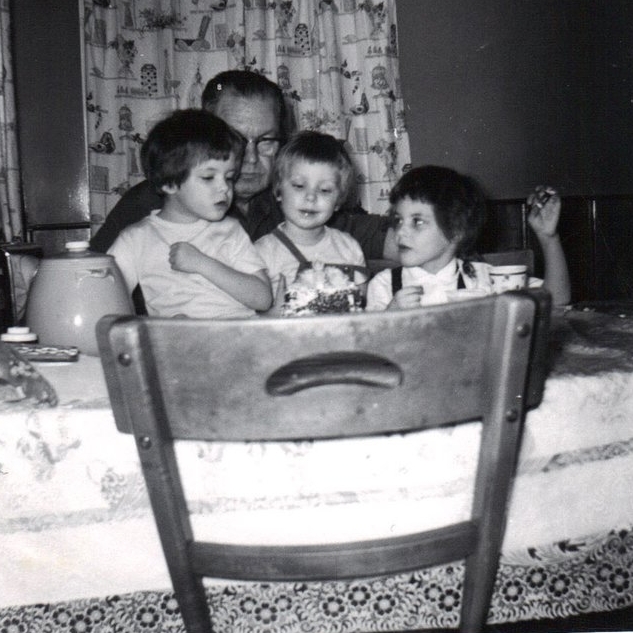Gospel Surprises by Wil and Lorraine Triggs
One of Lorraine's theology teachers at Moody Bible Institute often reminded his students that they will be surprised at who isn't in heaven, and who is. It was his folksy way of saying that salvation belongs to God alone. Our role—apart from our bit parts as sinners in our own stories of grace—is to tell and retell the good news to one and all.
But to tell the story, we need to know the story and be ready. One of the best exercises we've done in our small group was to write down on pieces of paper our answer to the question, “What is the gospel?” We first did this at a small group leadership training (thank you, Steven). The point was that we need to be prepared to speak the gospel to those around us. We found it so inspiring that we did it again at our next small group gathering.
It was almost summer, as we sat in circle, with the sunlight still bright as we read one by one what we wrote down on the papers. It’s so great to hear friends talk about Jesus in this way, each in their own words and ways of expressing the ultimate truth. We really should talk more about the person and work of Jesus with one another—and be ready to bring him into our conversation with anyone.
As this was one of the last meetings before summer, we asked each other to pray for the chance to share the gospel.
One of our members didn’t hesitate to ask us to pray for her unbelieving brother.
So we prayed. Little did we know that God would answer those prayers that summer, the season that turned out to be her brother’s last on earth. Though she had asked him many times over the years if she could talk with him about God, he always said no. Until that summer, when, facing a lot of health issues that would eventually end up taking his life, he said, “Yes!”
She was so used to him saying no that she was surprised. And then all the inner struggles and doubts came into her head, but she persevered—and he believed. Sometimes when we pray for things like this, we’re surprised when God answers. Even as we pray, we need to remind ourselves that God’s timing is not ours, as if we expect answers that take years. Often that’s true, but in this case, I think we were all surprised. We prayed, and a month later, everything had changed for this man.
This came to mind at our most recent small group gathering, where she asked us to pray for her aging mother who thinks she’s a Christian because she’s a good person. Join us in praying for her mother.
Our advice is for you to do the exercise of answering the question “What is the gospel?” Do it with friends, family, your small group. And take the time to read aloud what everyone says. You’ll be creating your own gospel psalm. A great tonic to the cares of this world.

